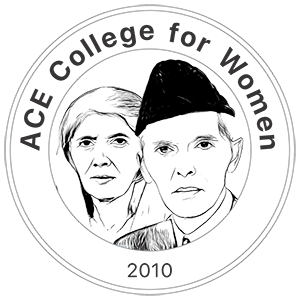Association of Non-communicable Diseases with Diet and Stress Levels
Non-communicable diseases (NCD) and injuries are becoming common causes of morbidity, disability and premature disability. This has resulted in an epidemiological transition for low and middle income countries, such as Malaysia. Leading NCDs are cancer, diabetes, hypertension, cardiovascular disease, stroke, mental disorders and trauma1.
The prevalence of NCDs has increased throughout the years in many developing countries due to rapid social and economic growth, becoming a serious health problem2. Having a healthy lifestyle is necessary in order to get rid of risk factors prevailing with these diseases. Disturbingly, these risk factors are also becoming out of control in adolescents, which will contribute to a higher NCD management and treatment costs in future.
Some distal body determinants include, socioeconomic status, ethnicity, religion, gender, education and urbanization, whereas proximal determinants are dietary factors (e.g., high fat, sugar and/or fast-food consumption), physical inactivity and an inactive lifestyle.
This accounts for a study whose purpose was to measure the prevalence of NCDs, as well as their relationships with dietary habits and stress levels among adults in Subang Jaya, Selangor state3. A cross-sectional study was conducted using self-administered questionnaires with anthropometric measures and collection of blood pressure and glucose levels.
It was revealed that the majority of respondents aged 18-65 years in Subang Jaya, Selangor state, had normal stress levels and medium ability to self-regulate their eating. While an association was found between body fat percentage, visceral fat and diabetes status, none was found between eating regularity behavior and hypertension or diabetes. Increased public awareness of NCDs and their risk factors is necessary and current findings provided important insights into the design of appropriate programs aimed at prevention, management and treatment of NCDs in Malaysia.
REFERENCES
- Suryakantha, A.H., 2014. Community Medicine with Recent Advances. 3rd Edn., Jaypee Brothers Medical Publisher, New Delhi, India.
- Jan Mohamed, H.J.B., R.W.K. Yap, S.L. Loy, S.A. Norris, R. Biesma and J. Aagaard-Hansen, 2015. Prevalence and determinants of overweight, obesity and type 2 diabetes mellitus in adults in Malaysia. Asia Pac. J. Public Health, 27: 123-135.
- Ghazi, H.F., M. Elnajeh, M.A. Abdalqader, M.F. Baobaid and I.A. Ariffin, 2018. Non-communicable diseases and its association with body composition and nutrition among general population in Subnag Jaya, Selangor: Community-based study. Pak. J. Nutr., 17: 255-259.
How to Cite this paper?
APA-7 Style
Ghazi,
H.F. (2019). Association of Non-communicable Diseases with Diet and Stress Levels. Asian Journal of Emerging Research, 1(1), 28-29. https://doi.org/10.3923/AJERPK.2019.28.29
ACS Style
Ghazi,
H.F. Association of Non-communicable Diseases with Diet and Stress Levels. Asian J. Emerg. Res 2019, 1, 28-29. https://doi.org/10.3923/AJERPK.2019.28.29
AMA Style
Ghazi
HF. Association of Non-communicable Diseases with Diet and Stress Levels. Asian Journal of Emerging Research. 2019; 1(1): 28-29. https://doi.org/10.3923/AJERPK.2019.28.29
Chicago/Turabian Style
Ghazi, Hasanain, Faisal.
2019. "Association of Non-communicable Diseases with Diet and Stress Levels" Asian Journal of Emerging Research 1, no. 1: 28-29. https://doi.org/10.3923/AJERPK.2019.28.29

This work is licensed under a Creative Commons Attribution 4.0 International License.




